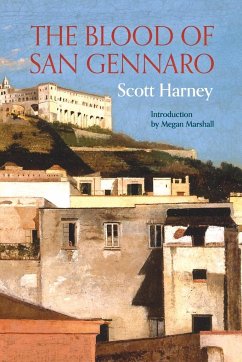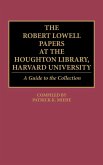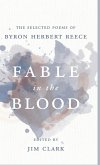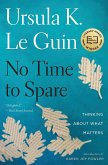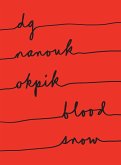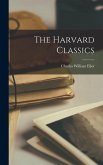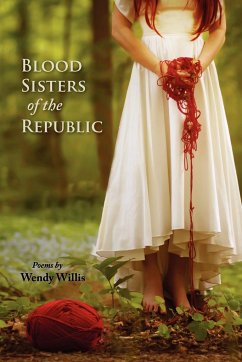Having kept his poetry largely to himself for forty years, Scott Harney on his death left behind an astonishing trove of richly imagined and exquisitely sculpted poems, collected here for the first time. One of Robert Lowell's last students, Harney went on to develop a voice which sings steady and true, rendering unforgettable images from the streets of his youth in Charlestown, MA, to the intimate scenes in his adopted city of Naples, with wisdom and humor. The people and places in these poems feel so close you could reach out and touch them. Edited and introduced by Pulitzer Prize-winning biographer Megan Marshall (Harney's Harvard classmate and partner), The Blood of San Gennaro will leave you wondering how such layered and echoing poems remained hidden for so long.
Hinweis: Dieser Artikel kann nur an eine deutsche Lieferadresse ausgeliefert werden.
Hinweis: Dieser Artikel kann nur an eine deutsche Lieferadresse ausgeliefert werden.

